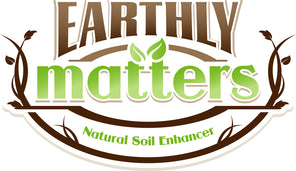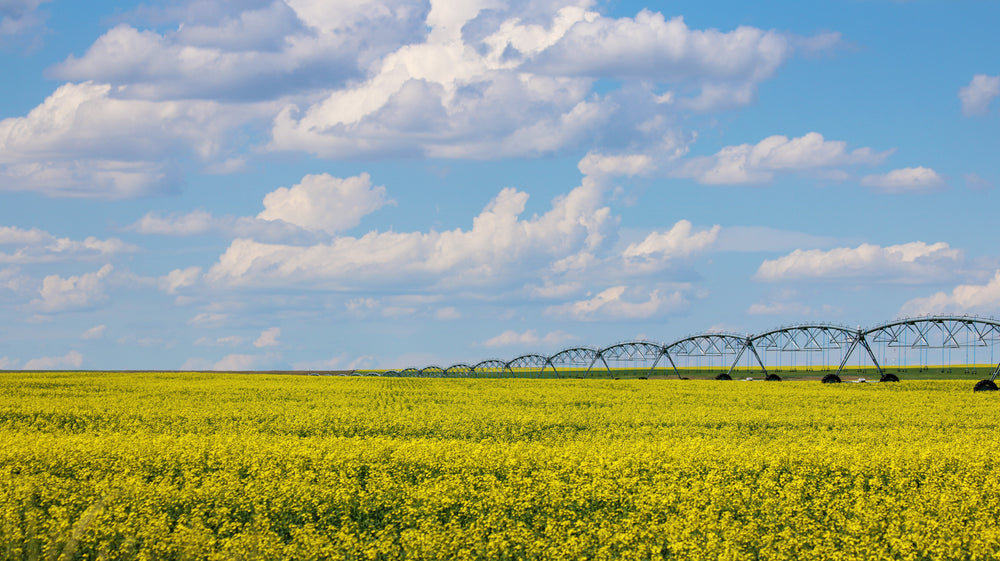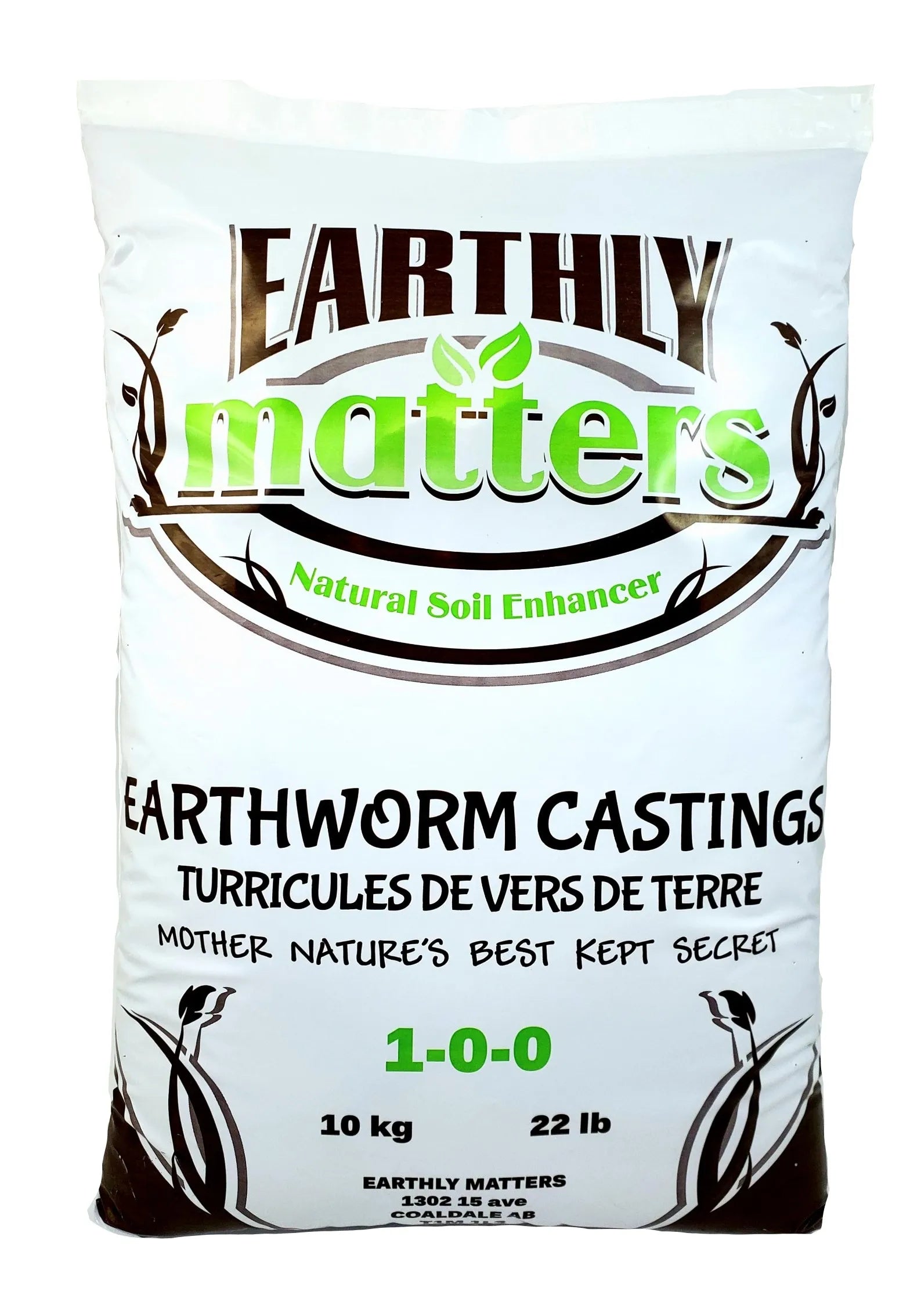Introduction: The Connection Between Vermiculture and Crop Yield
In the quest to improve crop yield and promote sustainable farming, one solution stands out – vermiculture. Harnessing the power of worms, vermiculture involves the breakdown of organic matter into nutrient-rich worm castings, a natural soil enhancer. In this post, we will delve into the role of worm castings in boosting plant growth and how they can contribute to improved crop yield.The Role of Worm Castings in Boosting Plant Growth
Worm castings, the end product of vermiculture, are packed with nutrients that are vital for plant growth. These nutrients are in a form that can be easily absorbed by plants, enhancing their growth and overall health. Moreover, worm castings improve the structure of the soil, enhancing its ability to retain water, which is crucial for plant growth. This, in turn, can lead to increased crop yield.Case Studies Showing Improved Yield with Worm Castings
Research supports the positive impact of worm castings on crop yield. A study found that the application of worm castings had a significant positive yield effect on rice, while another study showed that the presence of earthworms increased crop yield by 25%12. Another case showed that maize grain yield increased significantly when worm casts were applied, with the highest yield increase of 180% over the control recorded when the highest amount of casts was applied3.Studies on vegetable yield, including peppers, tomatoes, strawberries, and marigolds, showed mixed results, but several indicated yield increases with the use of worm castings in the potting mix4. Furthermore, rabbiteye blueberry plants fertilized with worm castings had more growth and higher yield than those fertilized with inorganic products5.
Moreover, many farms have been able to cut their water consumption by up to 50% by using worm castings due to their ability to retain moisture in the soil. This ability not only promotes plant growth but also increases yield by more than 25% on many crops6.



